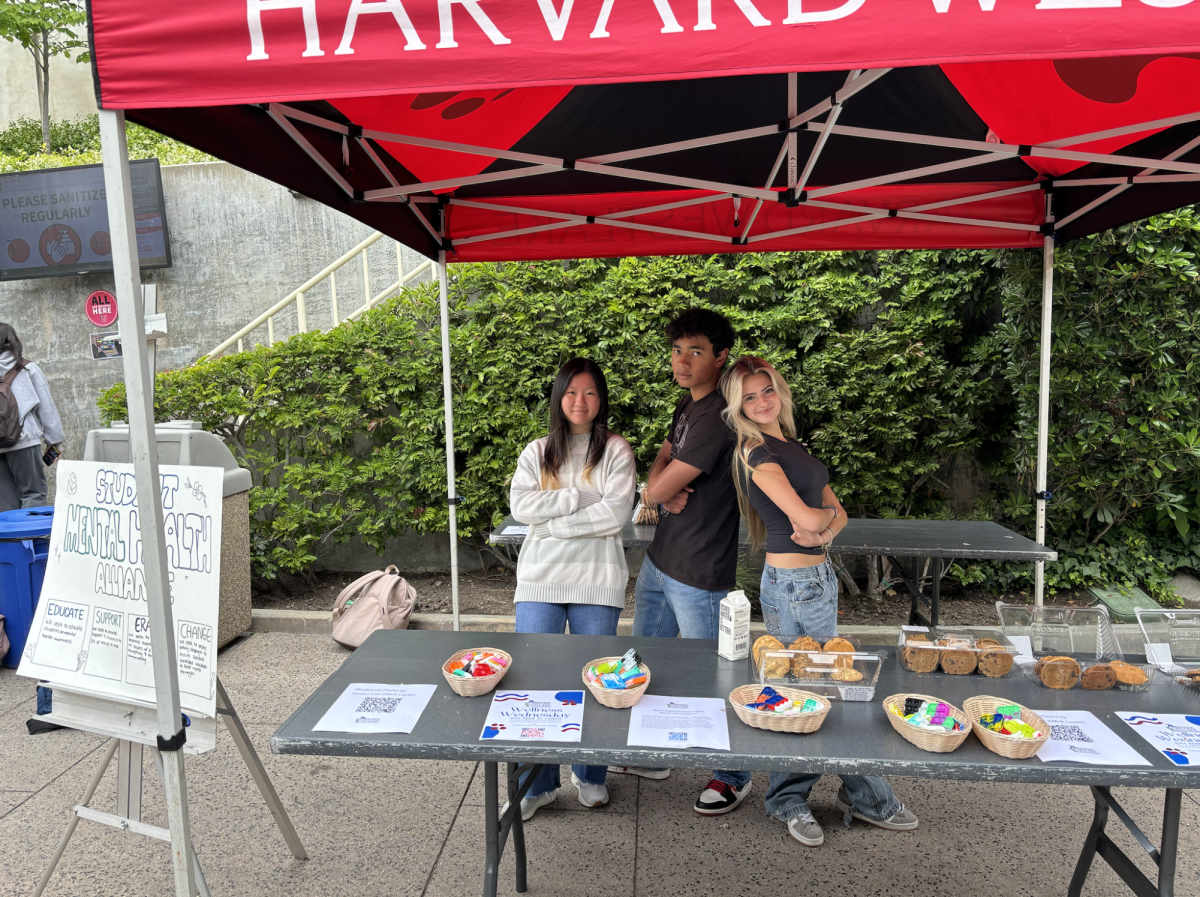“On all my work my name affirms my honor.”
This fragment of our Honor Code is often all that remains in our minds as our eyes glance their way toward the space for our signatures. The rest is, at best, vaguely recognized and then quickly dismissed as students sign their name to a promise they’ve barely read.
In an interview in March, Father J. Young said, “Unfortunately, I’d have to say overall, I don’t believe the code has had a tremendous effect on our students, either then or now. I wouldn’t go as far as to say it’s been ignored or irrelevant or anything like that, but I think to say all of our students have it etched into their heart, soul and mind would be pretty false.”
It is no surprise, then, that in the past five years, Harvard-Westlake has had cheating scandals with students citing lack of clarity as the problem.
To fix this problem, the administration has instituted a new way of instilling ethical responsibility into their students.
We are no longer called to absentmindedly sign our names to a code we didn’t take the time to read, one that new ninth graders never even signed, instead we will write and sign a brief version of it on all tests, quizzes, and important homework assignments.
The duty is tedious but has been proven to curb cheating substantially.
There are those that feel this to be a tedious duty devoid of any actual ability to prevent cheating.
Yasmine L. Konheim-Kalkstein, a Ph.D. candidate in the Department of Educational Psychology at the University of Minnesota, performed an experiment with two control groups of students. One group was made to read and sign an Honor Code, one was not.
Of the students who did not cheat, all 13 of the students in the honor code group answered that they “felt a moral and ethical responsibility not to cheat.”
Art Markman, a P.h.D and cognitive scientist at the University of Texas , found related results with a similar experiment.
Markman noted that, “the people who read and signed the honor code tended not to cheat.”
Markman also says that any organization which expresses strong moral norms will promote good behavior by the people in that organization.
And this is exactly what the school has done: expressed strong moral norms promoting good behavior.
By consistently making students affirm that they have not cheated the school avoids any loopholes that might arise from an Honor Code that has been signed, but not necessarily read. ,
It is not an irritating chore, rather a constant reminder of the standard we are held to as students. The logic is that this reminder, while not stopping cheating as a whole, will certainly make students think twice about their own moral and academic responsibility.
Data from studies like Marman’s or Kalkstein’s prove that an active knowledge of the honor code can make the difference, even if it doesn’t curb cheating in its entirety.
This, we think, is enough.

































